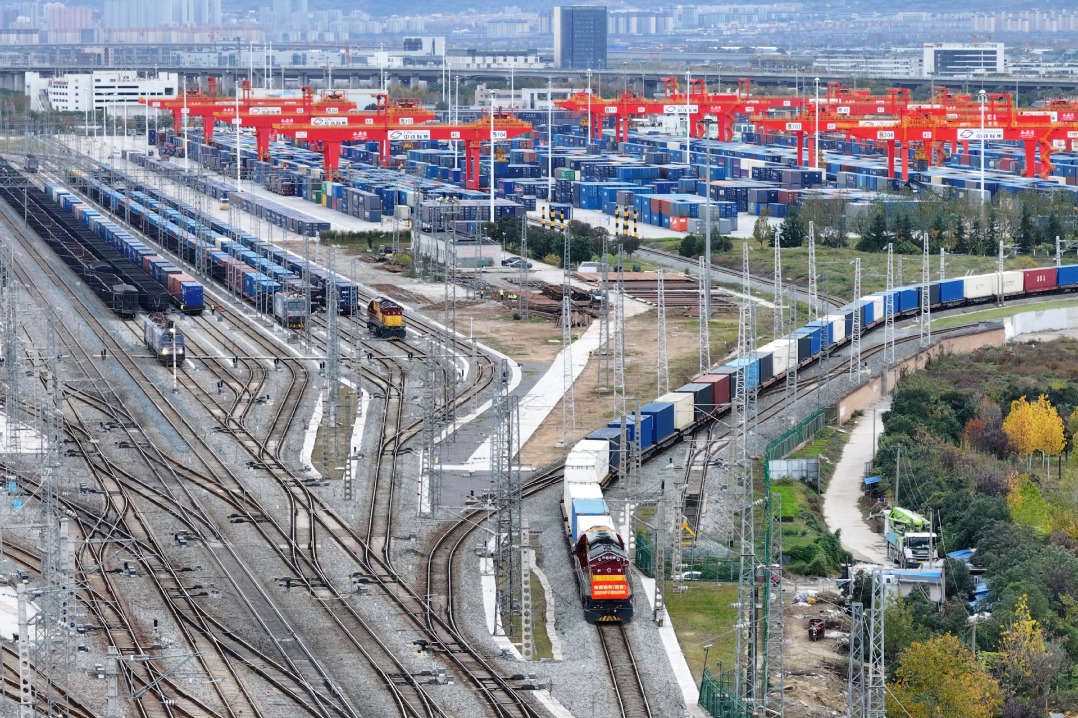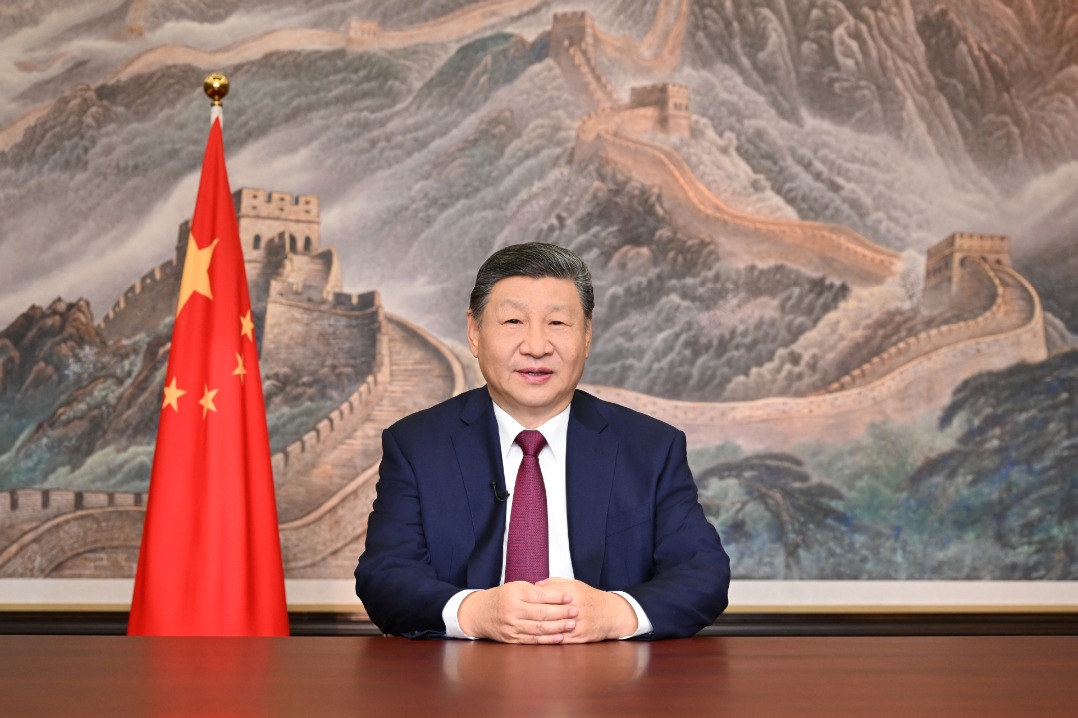An empowering tale of two grids


In Qinghe, the transformation carries its own emotional weight. While acknowledging the environmental toll of coal operations like blackened buildings and polluted air, the workers take deep pride in their profession.
"These workers maintain an incredible sense of unity and have tackled challenges collectively," Jones observes. "They take pride in the power plant's resurrection and express genuine love for their town.
"The speed of transformation over three years has been remarkable," Jones notes. "Looking at the landscape now, with traditional energy facilities surrounded by wind turbines like flowers, it's hard to tell whether you're in Britain or China. This visual similarity tells a universal story of industrial evolution."
"We deliberately chose personal narratives over broad policy discussions," Jin explains. "Major transitions ultimately come down to individual choices and experiences. These authentic personal stories often resonate more deeply."
The documentary, which premiered on June 3 on Shanghai-based Dragon TV, is available in both English and Chinese, with Jones providing Chinese narration for the first time. It is jointly produced by Shanghai Media Group's Docu-China Co and Lianhai Think Tank Hangzhou Co.
The episode follows up on stories from an earlier series about China's ecological governance. Future projects will explore ecological preservation at Poyang Lake and Hainan province's gibbon conservation, maintaining the dual-perspective approach to connecting environmental challenges across continents.
"We're in a middle ground," Jones says. "These aren't simple black-and-white situations. Our responsibility as documentarians is to faithfully record these transitions, showing how different communities face similar challenges, and how they find their way forward."
























